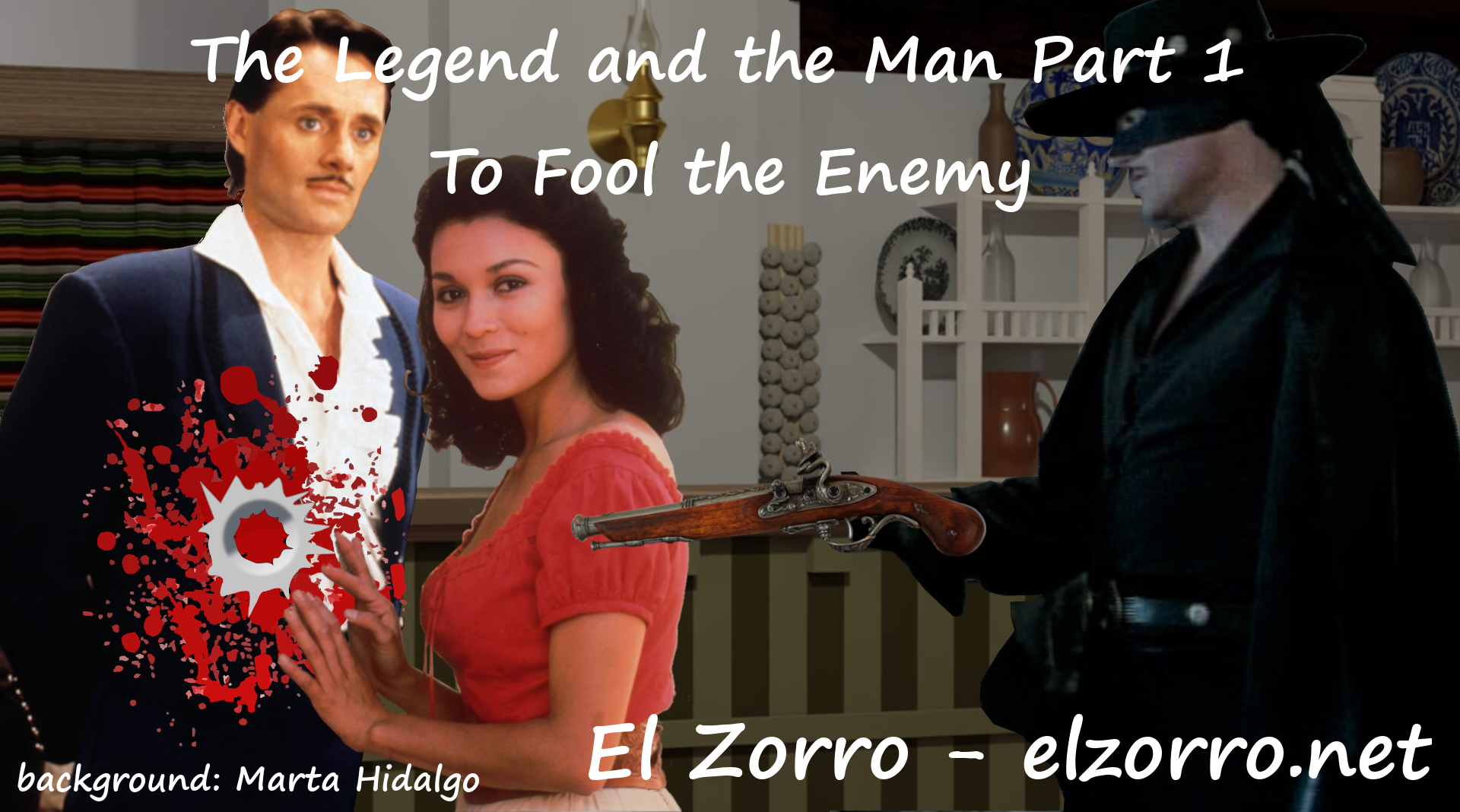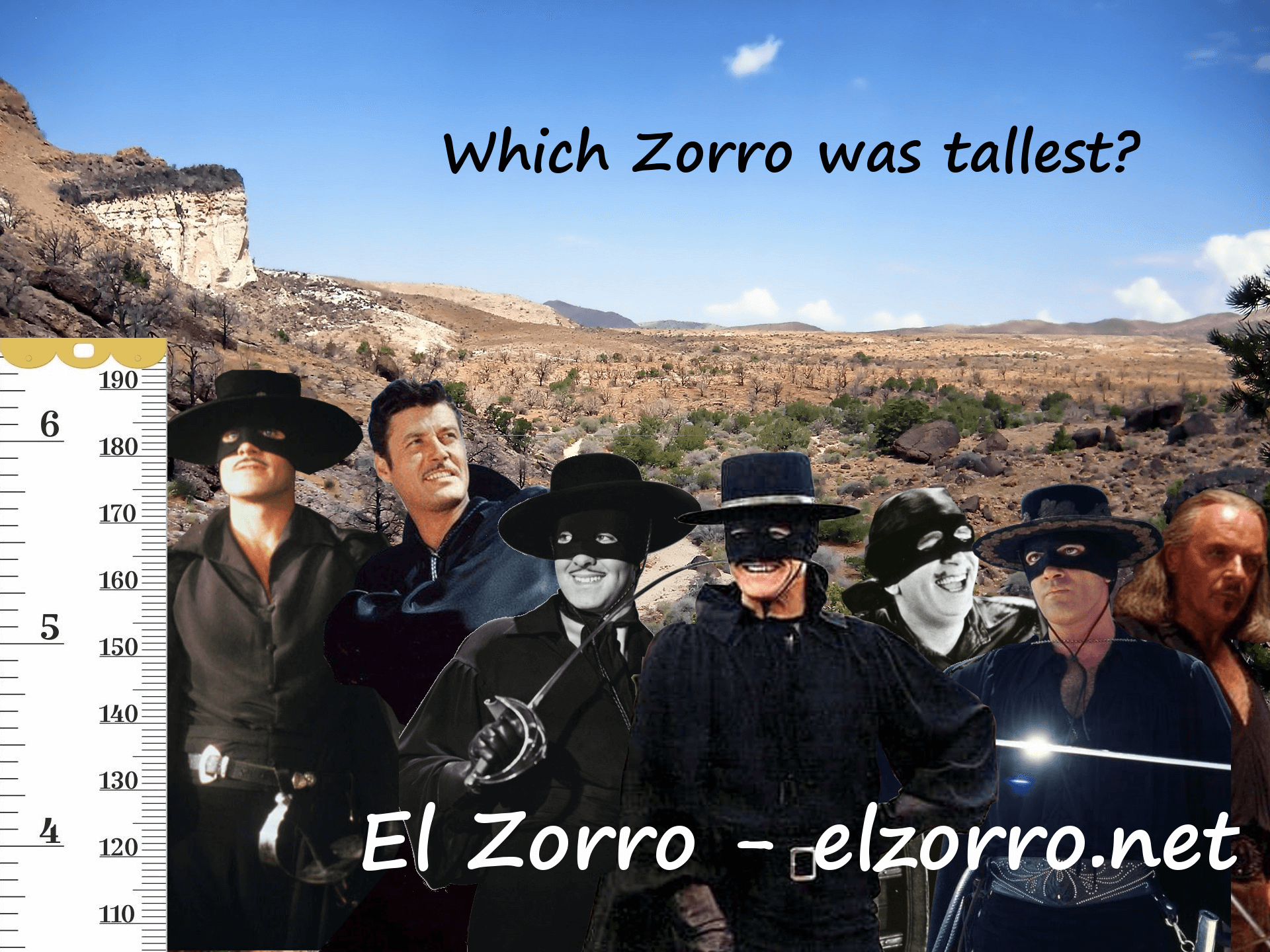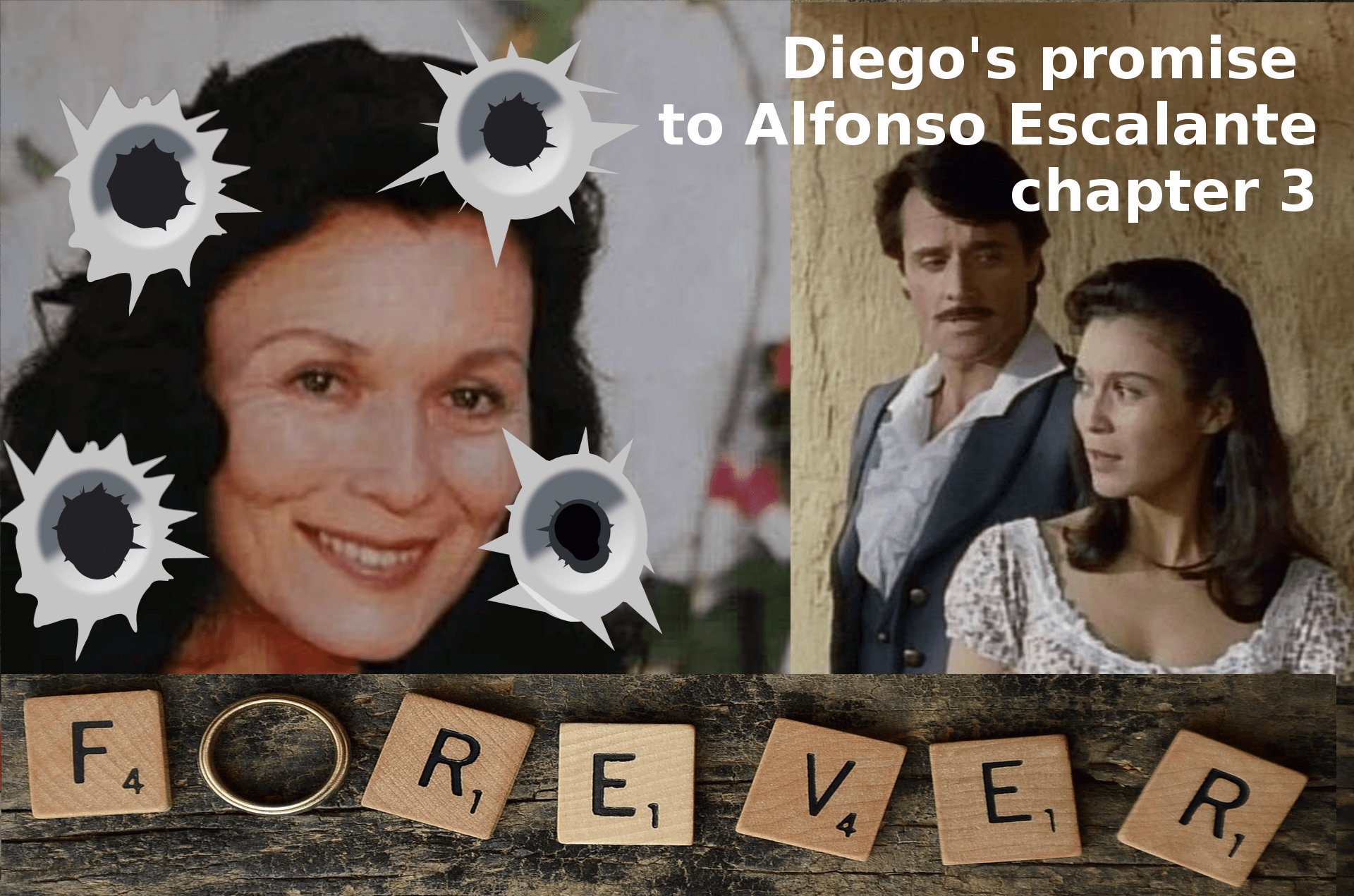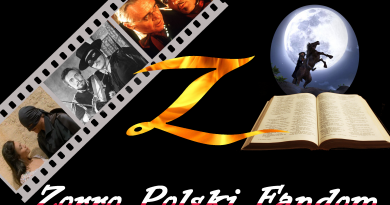The Legend and the Man Part 1 To Fool the Enemy, chapter 1
A/N: My adventure with New World Zorro started with this story. This is an AU which started before the last four episodes of second series and grew into a long story.
I want to thank Arianka again for dragging me into this fandom some time ago.
My special thanks go to dizzy fire, who did something I considered impossible and translated this story.
CHAPTER ONE
The beauty of a sword lies in its simplicity. A straight blade, perfectly combining strength with flexibility, a plain guard to provide protection, faint notches on the silver smoothness of metal marking the memory of past skirmishes… That’s all there is to it, and nothing more is needed. A naked blade is a hypnotic sight, especially in the hand of a skillful swordsman.
And this particular sword was especially impressive. Not because it was so clean and well-maintained that its blade shone like cloudless sky in the light of day. Not because of the way in which the hilt, currently held by a black-gloved hand, reflected the blinding glare of the midday sun. Not even because the hand in question happened to belong to an extraordinarily skilled swordsman. No – in the mind of Luis Ramone, alcalde of Los Angeles, all these reasons paled into insignificance when weighed against the fact that the point of said sword was at the moment gently but firmly pressed into his neck. He swallowed convulsively, trying to hide how dry his mouth had gone and felt the touch of surprisingly cold metal against his windpipe.
Right then and there, that touch was almost the limit of the alcalde’s world. There was still some room left for the tickling of sweat drops on his forehead, for the bite of a too-tight collar and the unpleasant dampness of the shirt sticking to his back, but even so, his eyes took in nothing but a blurry dark mass cut in two by the blue streak of a sword, and his ears – nothing but the faraway din of the pueblo marketplace. A din that was, at the moment, rather subdued, as the people waited and watched to see what would happen next.
“So then, alcalde…” an amused voice cut through the ringing in Ramone’s ears. “Perhaps you’ll agree to reconsider?”
Luis Ramone raised his eyes from the blade, so distressingly close to his throat, and further up, towards the rider whose hand held the sword. New beads of sweat trickled down his back when he realised that, despite the laughter in his voice, the swordsman was not smiling at all. Quite on the contrary, this time he appeared to be furious. The alcalde understood that his ostensible good humour was an offer – a chance for him to give in and save at least some face. And that, should he persist, things may yet take a turn for the worse.
“I, ah… ” He choked. The blade moved aside a fraction. He swallowed hard, again, and gave it another try. “I agree!” he announced.
The answer was a general cheer. The sword was removed from the alcalde’s throat, but before he could do anything with his new-found freedom, the rider moved in a flash, so that Ramone was now standing close to his booted foot, with his back against the horse’s flank. The horse’s sweaty flank, even, as Luis noticed in disgust. He couldn’t move away – the blade now rested close to the crook of his neck, forcing him to press against the horse. From this vantage point he had an excellent view of the square, now filled with cheering people. Certainly not cheering for their alcalde, he thought, as the terror of a few moments ago drained away, leaving only bitter hatred in its wake. For a moment he hoped that the situation might still be salvaged. However, when one of the lancers raised his rifle uncertainly, Ramone realised that he himself might be hit just as easily as his captor, so he was relieved to see that another soldier, obviously a brighter sort than his comrade, grabbed the barrel and forced it downwards.
He was helpless, then. He stood there in sweltering heat, waiting patiently for the imprisoned peons to emerge from the cuartel gate. He remained standing as three caballeros, assisted by Sergeant Mendoza, brought in a reinforced chest from his own office. When they raised the lid, he made as if to protest, but no sooner had he moved than the sword slid a little closer to his neck, reminding him about his current predicament. He had to clench his fists and bear it when the chest was opened and the money inside distributed among the peons. That fat, treacherous oaf Mendoza smiled brightly as each man scribbled a sign in a heavy book of receipts held by Don Sebastian. The other soldiers huddled together, unsure if they should try to stop the proceedings somehow, or beat a retreat to the safety of the cuartel. In the meantime overturned stalls were fixed, scattered vegetables were picked up, a few runaway chickens were chased down and returned to their coop – in a word, the usual order of things was restored. Naturally, there was also whooping and chattering, and laughter that grew louder by the moment. The target of those jokes was most likely himself, the alcalde of Los Angeles, currently held captive by the man known as Zorro – an impudent outlaw, a rebel, and the self-appointed defender of the law and of the pueblo’s inhabitants. And all the while he, Luis Ramone, could only stand there and sweat, getting smacked by the horse’s tail from time to time, forced to listen both to the sounds of general cheer and to the whispered conversation behind his back. Zorro seemed to care nothing at all about the heat, his prisoner or the soldiers, as he blithely flirted with Señorita Victoria Escalante, the owner of the local tavern. From what he was telling her, it seemed that some stolen kisses might be on the cards for later, but the pressure of his sword on the alcalde’s neck never wavered.
Once the last peon had rejoined the crowd, Zorro finally released his captive.
“Here’s something to remember this by, alcalde.” His words were accompanied by the sound of ripping cloth. “So that you don’t make the same mistake again.”
Luis’s elegant waistcoat was ruined, torn to shreds by the great “Z” that Zorro had cut into it. The sight, coupled with an ironic salute from the outlaw, caused the alcalde’s ire to explode.
“Shoot him!” he screamed as Zorro galloped for the pueblo gate. “Shoot him! Kill him!” The last vestiges of reason reminded him to drop to the ground and out of the way.
At the gate, directly underneath the sign that said “Los Angeles”, Zorro’s horse spun in a jaunty levade when the volley of shots rang out. His black cloak waving in the wind, the outlaw disappeared among the trees that lined the sides of the road, long before the first soldiers rode out from the cuartel gates. They weren’t in too much of a hurry. Every soldier in Los Angeles had long ago learned that chasing Zorro was like chasing the wind – both these activities being similarly exhausting and unprofitable.
And no one – no soldier, no peon or caballero, not the fuming alcalde, nor even Señorita Escalante – no one at all noticed that when the shots had been fired, Zorro had swayed in his saddle for just a brief moment…
X X X
It had all begun in a perfectly innocent manner. A few hot weeks in the spring caused one of the nearby streams to dry out, which resulted in conflicts between the owners of some smaller haciendas about the distribution of watering places for their cattle. The strife tended to be limited in scope and rather low-key, fortunately cut short by the coming of the rain, but the problem of the drying stream remained. It was discussed far and wide, both in the haciendas and over cups of excellent wine at Victoria’s tavern. At first all anyone wanted was to settle where each herd ought properly to be taken in the case of another draught, but the young de la Vega, who had brought home a few coffers’ worth of books from his studies in Spain, and who was always eager to bend everyone’s ears about some innovation or another, proposed a more radical solution. If they built a small dam in an arroyo downstream of the pueblo, he assured them, the fallow land would turn into a lake that would provide a water reserve for the surrounding area, sufficient to withstand even a much longer draught.
At first most tended to think that Don Diego de la Vega’s ideas were bizarre, to say the least. His father’s influence was behind him, though, and quite apart from that, it was a known fact that when Don Diego insisted on something, no matter how outlandish, he usually got results. It had been the case when he had convinced folks to spread some kind of foul concoction in their fields, which had surprisingly caused the crops to flourish, or when he had brought in a long-horned bull from the other side of the Rio Grande. This time, then, Diego found it quite easy to talk people into building a dam. In any case, it was unanimously decided that the pueblo’s funds should be sufficient to pay both for the materials and for the work, and the local peons could use every peso they would earn.
And so Don Diego designed the dam, his father ordered the necessary materials, a call was put out for the workers… The construction was quickly finished, and when the autumn rains fell, a substantial lake appeared a few miles away from Los Angeles.
If not for the alcalde, things would have been perfect. Since custody of the pueblo money lay with him, he was naturally asked to reimburse the cost of the labour and the materials. Yet Luis Ramone, alcalde of Los Angeles, refused. He did not accede to the first polite request, and he rebuffed the caballeros’ subsequent, much less restrained urging. Don Alejandro, the elder of the de la Vega men, would perhaps have given up if the matter concerned him alone, since the cost of the materials was not so great a loss to him, and in any case, he half-suspected that the pueblo treasury might be empty. However, not giving the peon labourers their proper wages would have been unthinkable.
After a number of clashes and arguments, when the alcalde had once again ordered the soldiers to throw the protesters out of the cuartel, Zorro decided to interfere. At first he only retrieved the contents of the pueblo safe and turned them over to the caballeros, so that they would distribute the money as needed. The alcalde’s response was to arrest those of the labourers who had arrived to receive their pay. Besides, as Don Alejandro had predicted, the pueblo funds turned out to be quite depleted – much more so, in any case, than one might expect from the amount of money they had earlier paid in taxes. Zorro’s second appearance was much more violent than the first. After a series of spectacular clashes with some of the more persistent soldiers, out of which the pueblo marketplace came looking much the worse for wear, Zorro put a sword to the alcalde’s throat and ordered the imprisoned peons to be released, and Luis’s personal strongbox to be brought out.
Thus the labourers were freed and given their dues, the alcalde spent a few unpleasant moments in the sun and lost his favourite vest and frock coat (which had been soaked through with horse sweat), and Zorro, as always, returned safely to his hiding place.
Or so everyone thought at the time.
To be continued…




